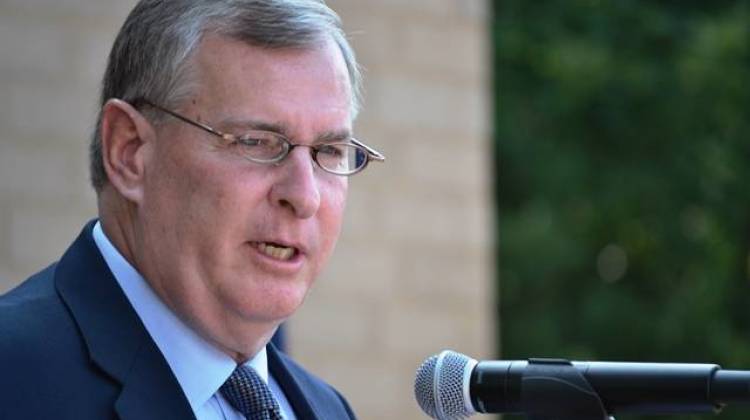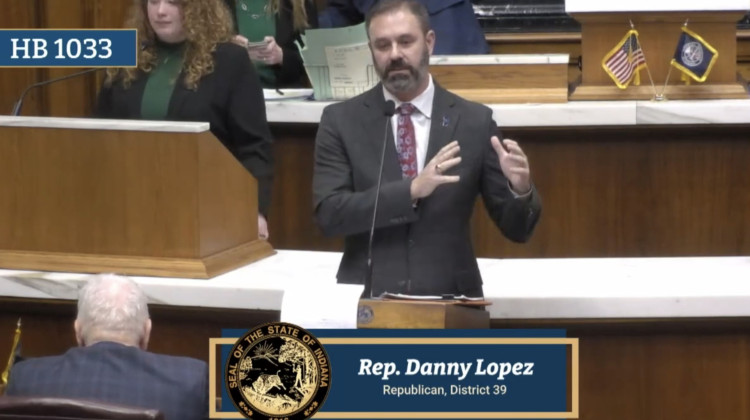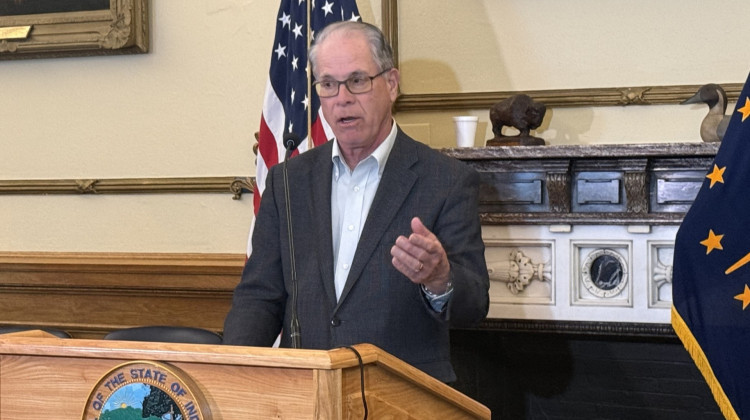
Zionsville is one of nine local governments in Indiana that will undertake projects to reduce their greenhouse gas emissions.
Chris Light/Wikimedia CommonsNine cities in Indiana will work on projects to reduce their impact on the planet: Bloomington, Carmel, Elkhart, Fort Wayne, Gary, Goshen, Richmond, West Lafayette and Zionsville. They’re taking the next step after completing their greenhouse gas inventories.
During the first years of the program in 2019 and 2020, 17 municipalities partnered with Indiana University’s Environmental Resilience Institute to find out which sectors emit the most gases that contribute to climate change and try to make them greener. Some also made climate action plans.
This year, another 22 local governments will do the same. That means municipalities covering almost half of the state’s population will be working on some kind of emissions reduction strategy.
Andrea Webster is the implementation manager for Indiana University’s Environmental Resilience Institute, which created the program.
“It's just so exciting to see this happening in a state like Indiana that has been behind for a while, and we're catching up," she said.
Cities taking part in the next step of the program will work with ERI to make their communities electric-vehicle friendly, lessen barriers for solar projects and find more efficient ways to treat wastewater, which is one of the biggest sources of emissions in local government buildings.
The Town of Zionsville, north of Indianapolis, has already created a curbside composting program and aims to work with homeowner’s associations to lift solar restrictions.
Carol Johnson is the executive assistant to the mayor. She said because of the pandemic, Zionsville can’t afford more expensive improvements right now, like solar panels on top of town hall.
“But it doesn’t mean I can’t lay the groundwork now by getting quotes and estimates and figuring out where would solar fit at town hall," Johnson said.
Webster said with the Biden administration's climate plans, perhaps more funding will go to local governments who are willing to do these larger projects.
Cities still have time to sign up to be part of this year’s program.
Contact Rebecca at rthiele@iu.edu or follow her on Twitter at @beckythiele.
Indiana Environmental reporting is supported by the Environmental Resilience Institute, an Indiana University Grand Challenge project developing Indiana-specific projections and informed responses to problems of environmental change.
 DONATE
DONATE








 Support WFYI. We can't do it without you.
Support WFYI. We can't do it without you.